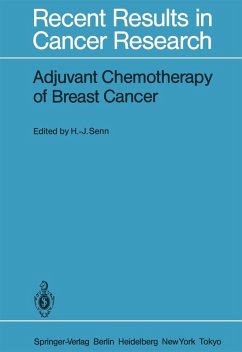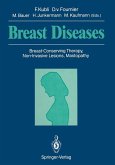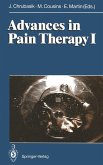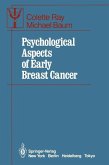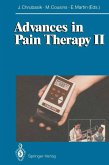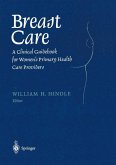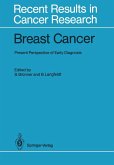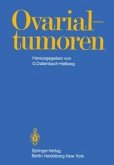H.-J. Senn Adjuvant Chemotherapy (ACT) of breast cancer has now emerged as one of the controversial su):>jects in clinical and also experimental oncology. Driven by growing frustration about stagnating cure rates in breast cancer [1,4] and stimulated by elegant demonstration of highly curative effects of adjuvant systemic therapy in animal models [6, 11] and in several childhood neoplasias [15], researchers introduced ACT to the primary treatment of breast cancer with great hope some 15 years ago. After a first wave of isolated "historic" trials with generally limited but in one case remarkable success [5, 9], a second generation of ACT studies was initiated by NSABP investigators and oncology centers in Europe [2, 6, 13]. These trials were well conducted statistically and diagnostically, and all in the early 1970s included a surgical control arm. Early and intermediate beneficial effects on relapse-free survival (RFS) after 2-3 years median observation time then prompted a whole series of ACT studies in breast cancer. These "third-gener ation" studies usually regarded some positive influence of ACT as a given fact, dropping surgical control regimens and comparing different ACT regimens, hopefully in a prospective, randomized way 1984 Fig. 1. The mushrooming of adjuvant studies in breast cancer XII Introduction [reviews in 3, 14]. The "mushrooming" of ACT studies in breast cancer during the last 10 and especially 5 years is demonstrated in Fig. 1, and it gets really cumbersome even for the insider to keep on top of the multitude of sometimes conflicting data.
Dieser Download kann aus rechtlichen Gründen nur mit Rechnungsadresse in A, B, BG, CY, CZ, D, DK, EW, E, FIN, F, GR, HR, H, IRL, I, LT, L, LR, M, NL, PL, P, R, S, SLO, SK ausgeliefert werden.

